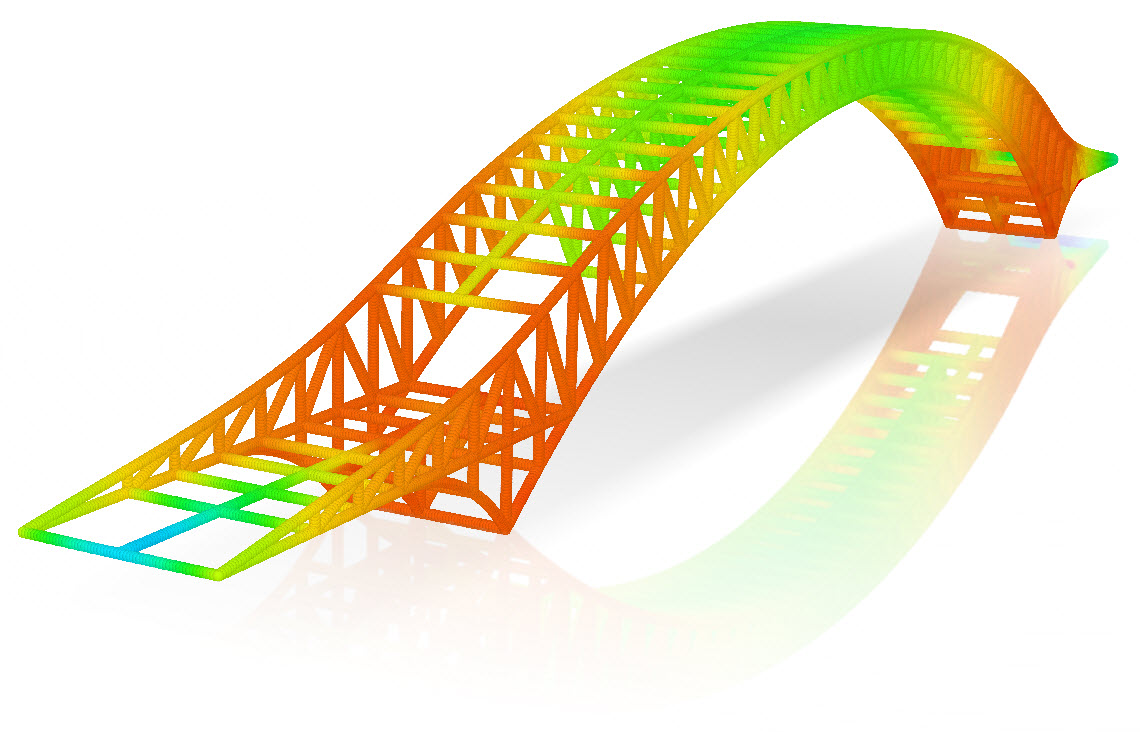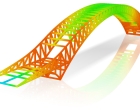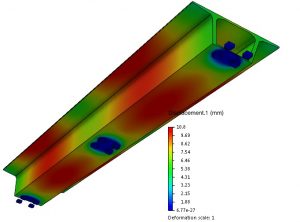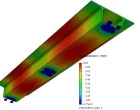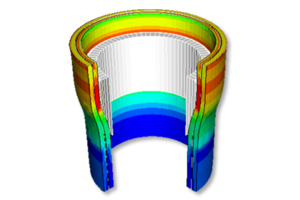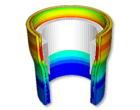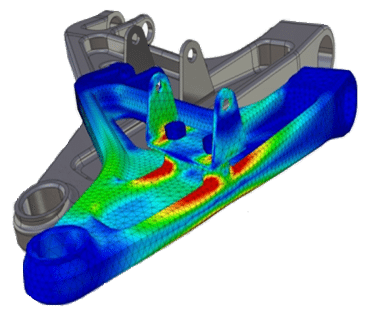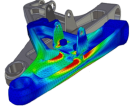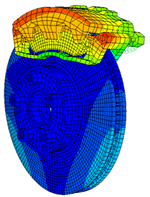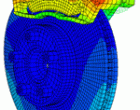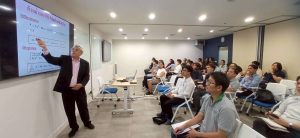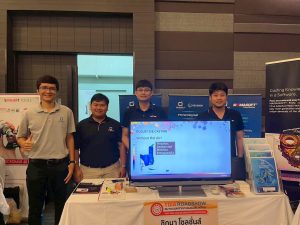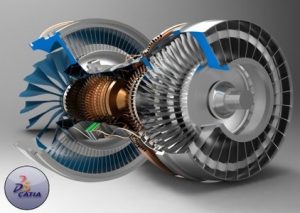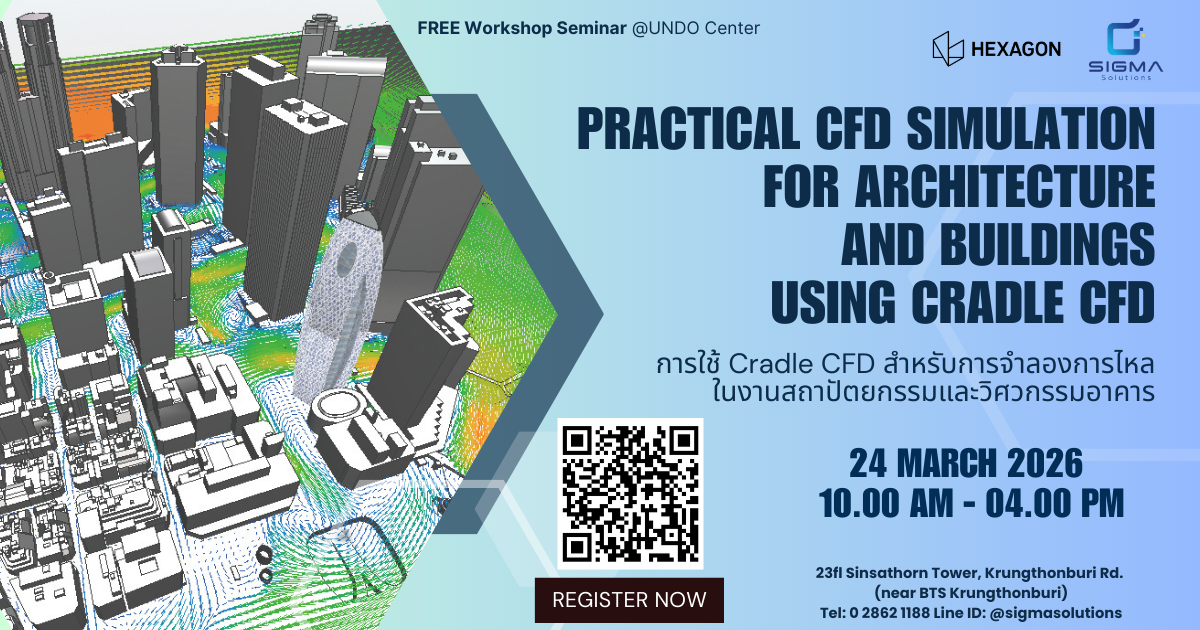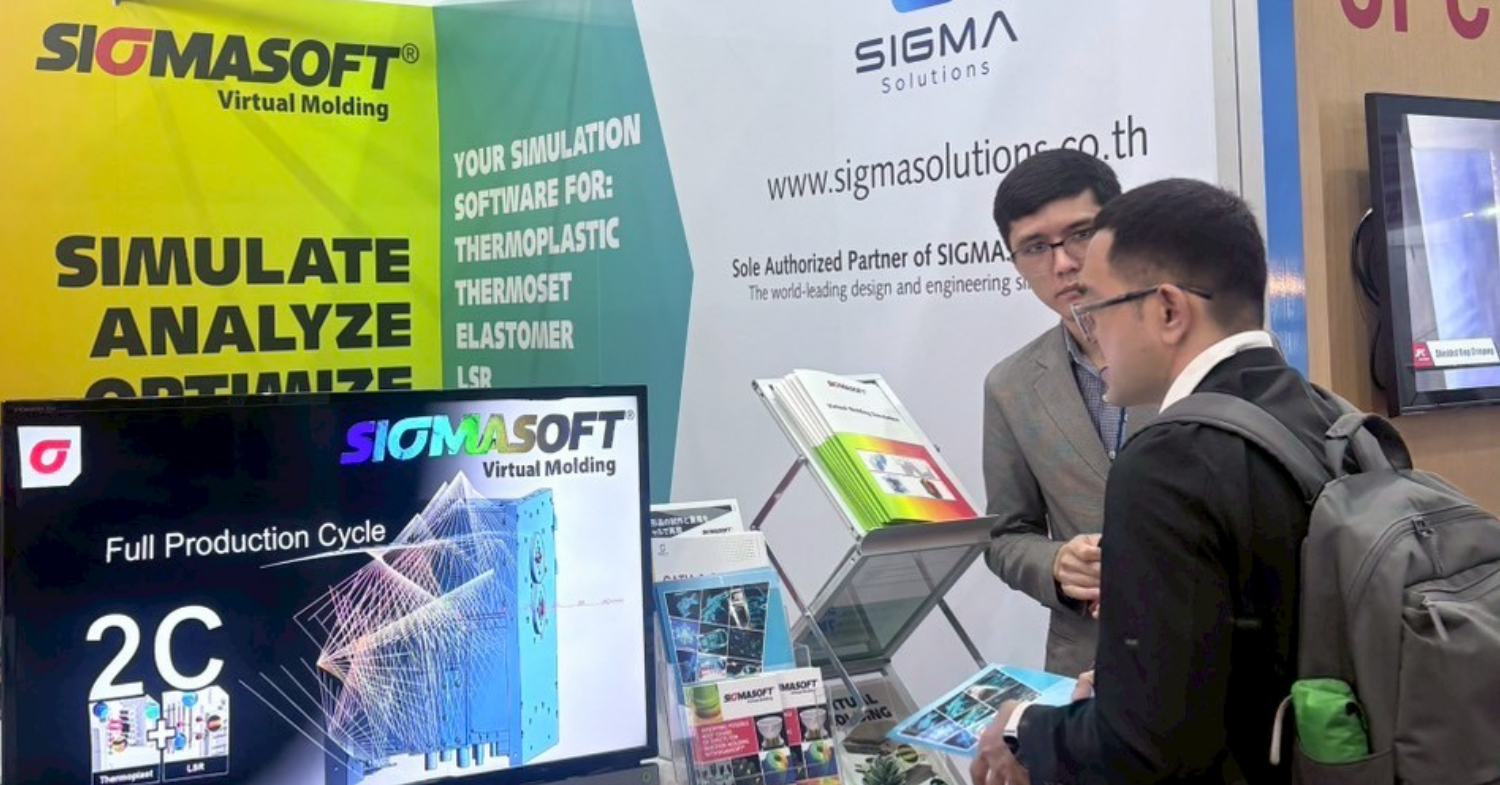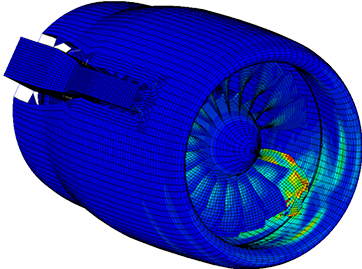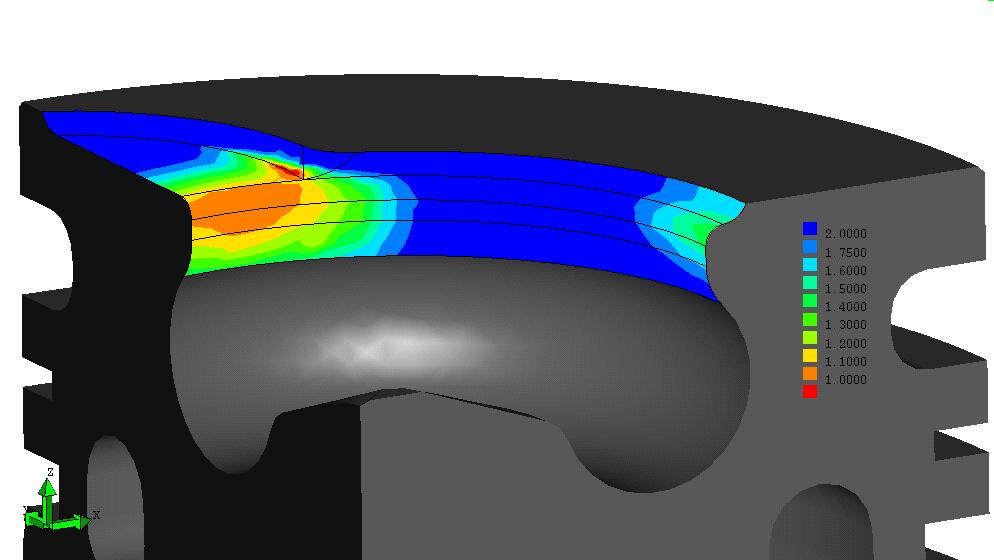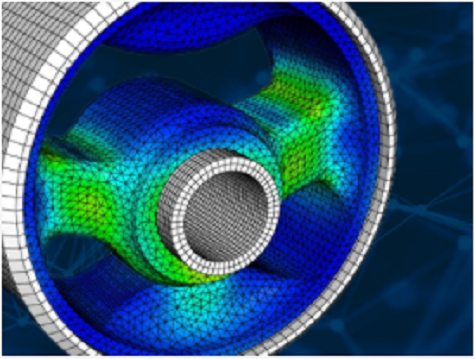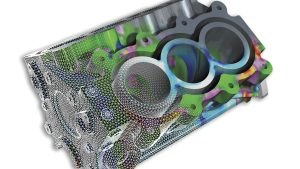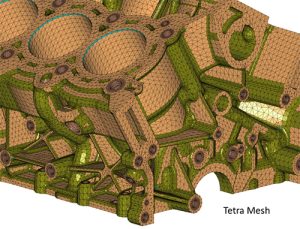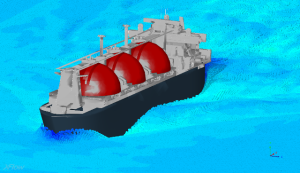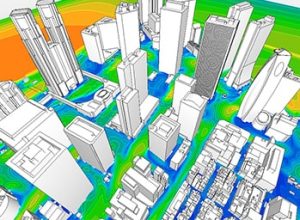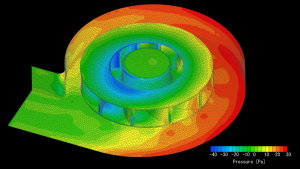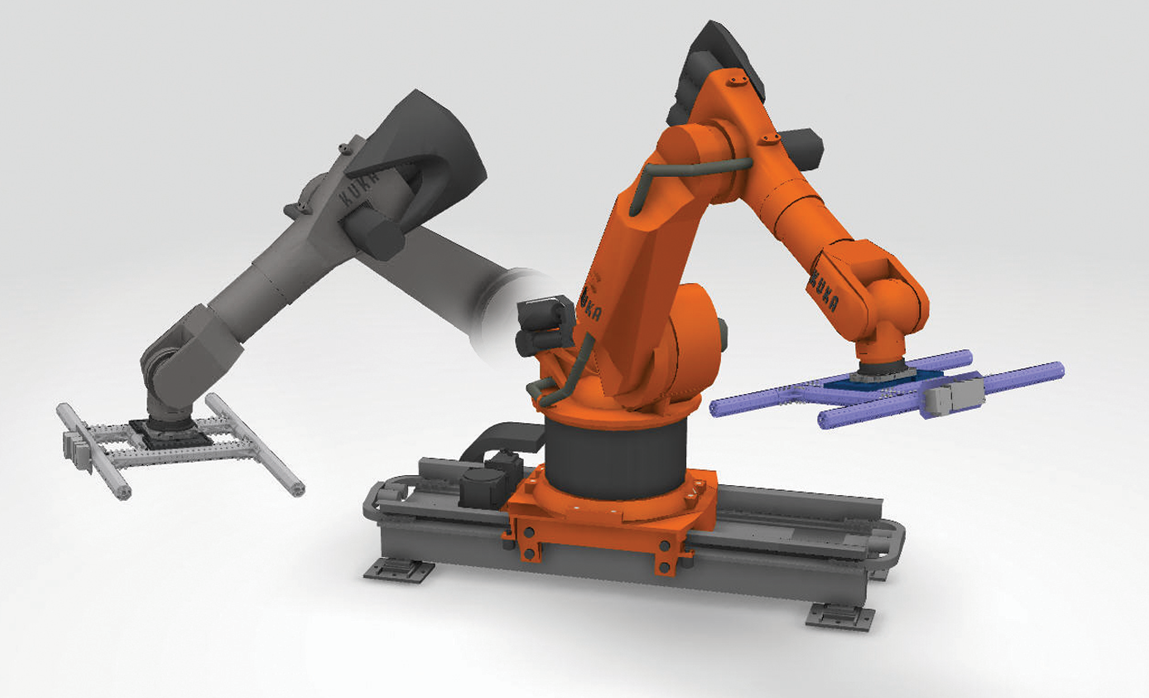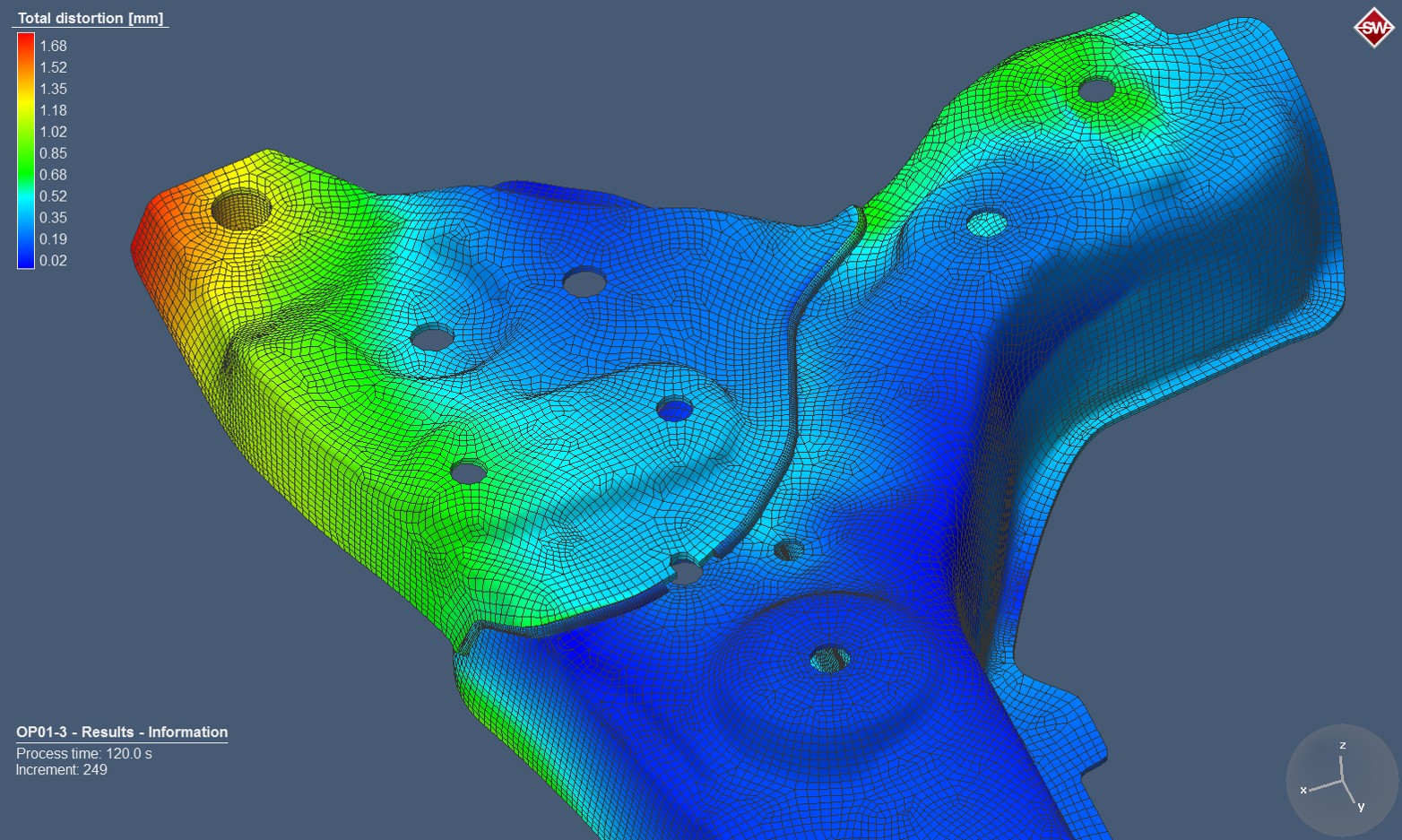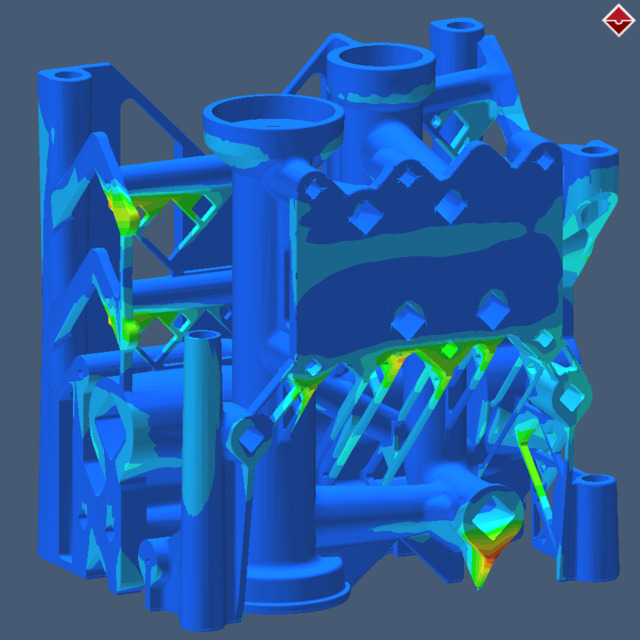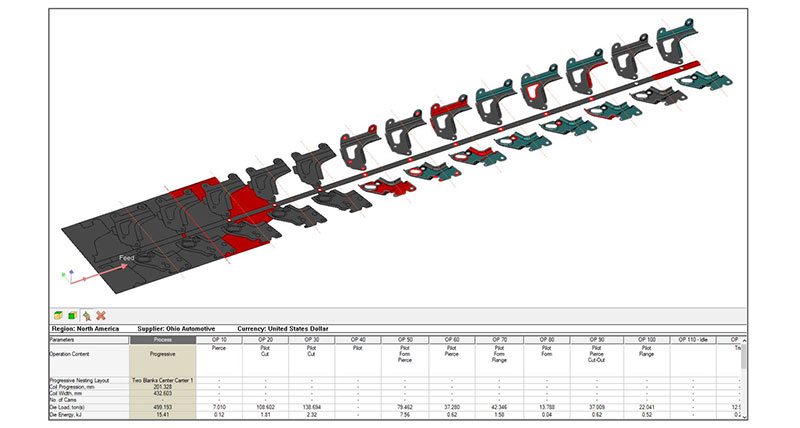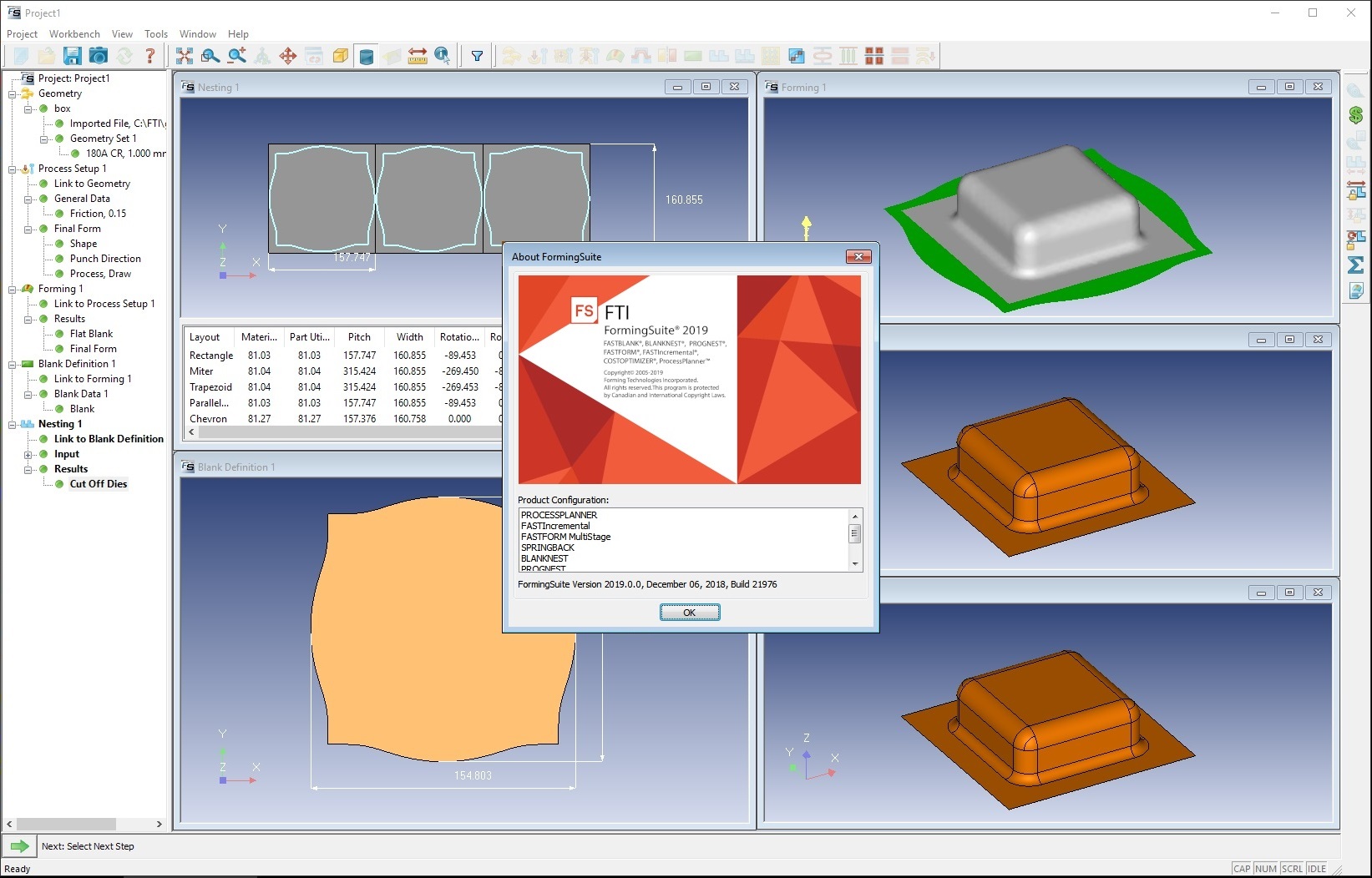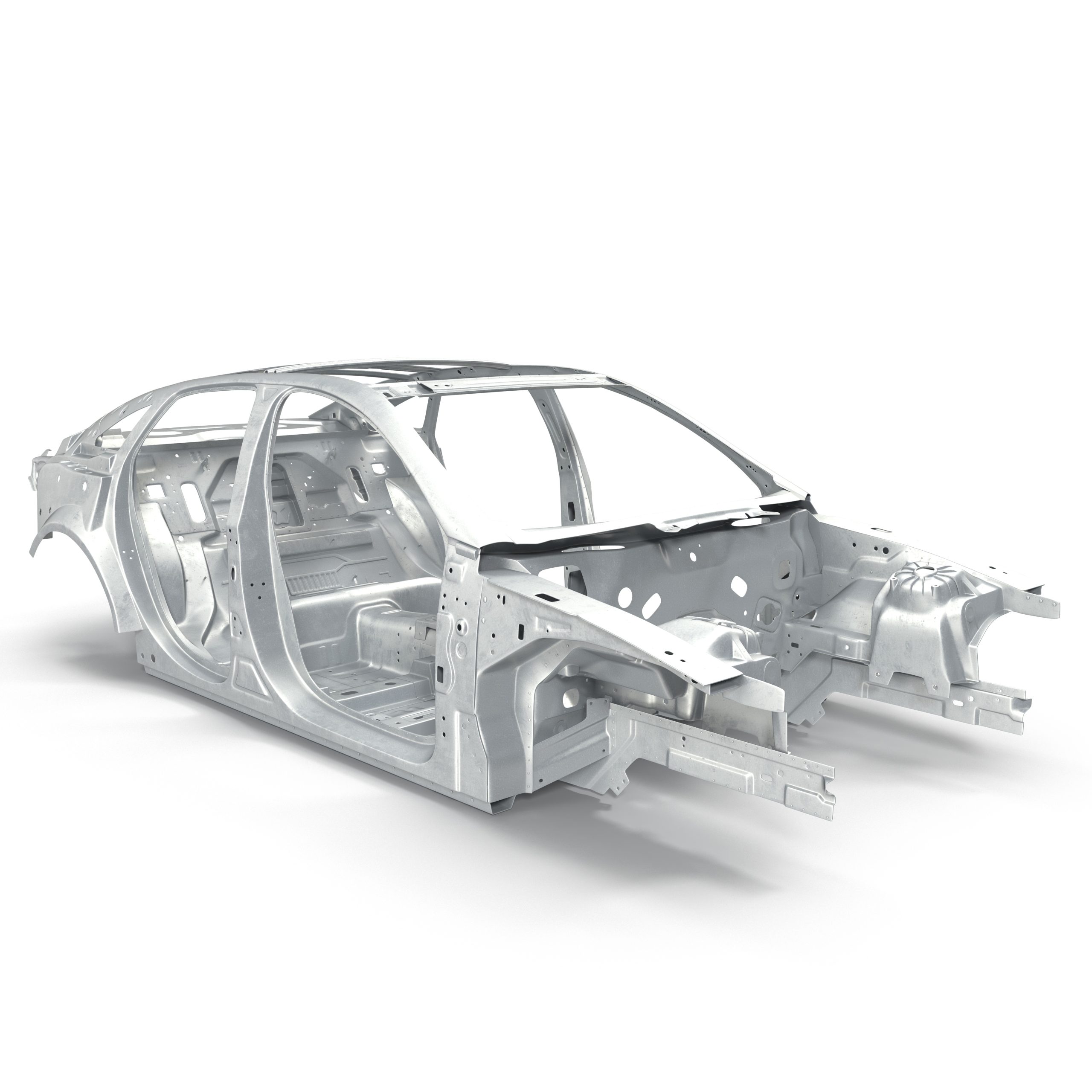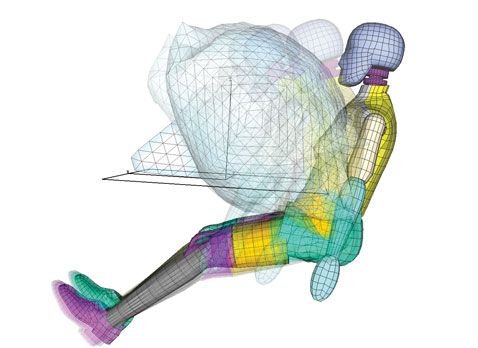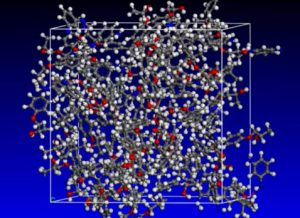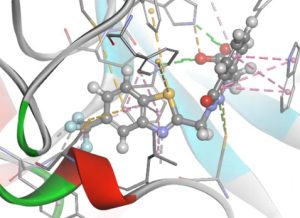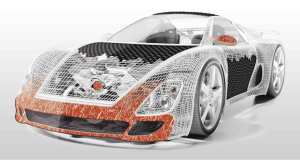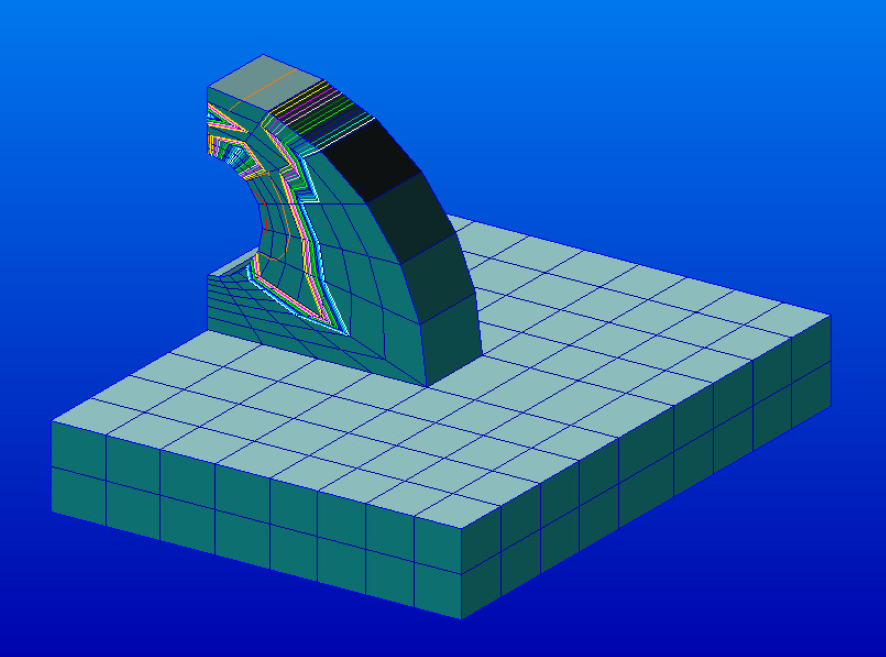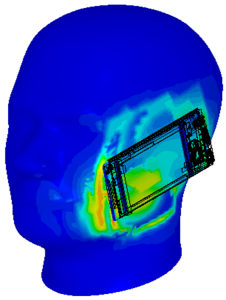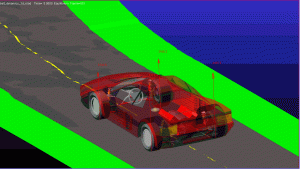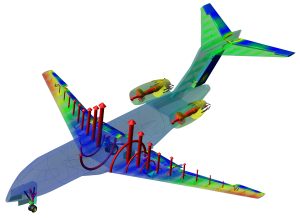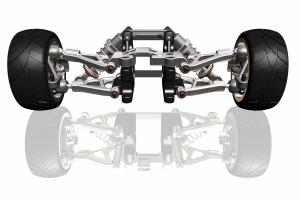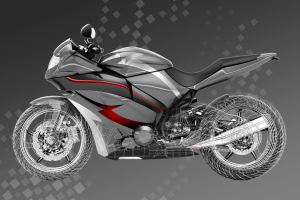Today, product simulation is often being performed by engineering groups using niche simulation tools from different vendors to simulate various design attributes. The use of multiple vendor software products creates inefficiencies and increases costs. SIMULIA delivers a scalable suite of unified analysis products that allow all users, regardless of their simulation expertise or domain focus, to collaborate and seamlessly share simulation data and approved methods without loss of information fidelity.
The Abaqus Unified FEA product suite offers powerful and complete solutions for both routine and sophisticated engineering problems covering a vast spectrum of industrial applications. In the automotive industry engineering work groups are able to consider full vehicle loads, dynamic vibration, multibody systems, impact/crash, nonlinear static, thermal coupling, and acoustic-structural coupling using a common model data structure and integrated solver technology. Best-in-class companies are taking advantage of Abaqus Unified FEA to consolidate their processes and tools, reduce costs and inefficiencies, and gain a competitive advantage.
Highlights
- Accurate prediction of real-world product behavior enables companies to increase product reliability and reduce warranty costs.
- Significant reduction of the need for costly physical testing.
- Fast turnaround time enables simulation to influence decisions early in the product design process and eliminate costly re-designs.
- Increase engineering productivity through standardization on a single complete capability for structural simulation.
Features
- Wide range of non-linear analysis procedures including structural stress, explicit dynamics, thermal stress, heat transfer, pore fluid diffusion, and more.
- Wide range of non-linear analysis procedures including structural stress, explicit dynamics, thermal stress, heat transfer, pore fluid diffusion, and more.
- Advanced material modeling capabilities encompassing metals, polymers, composites, concrete, and fracture mechanics.
- Robust general contact capability for modeling complex interactions between large assemblies of parts.
- High-performance solvers that minimize simulation turnaround time.

 0-2862-1188
0-2862-1188